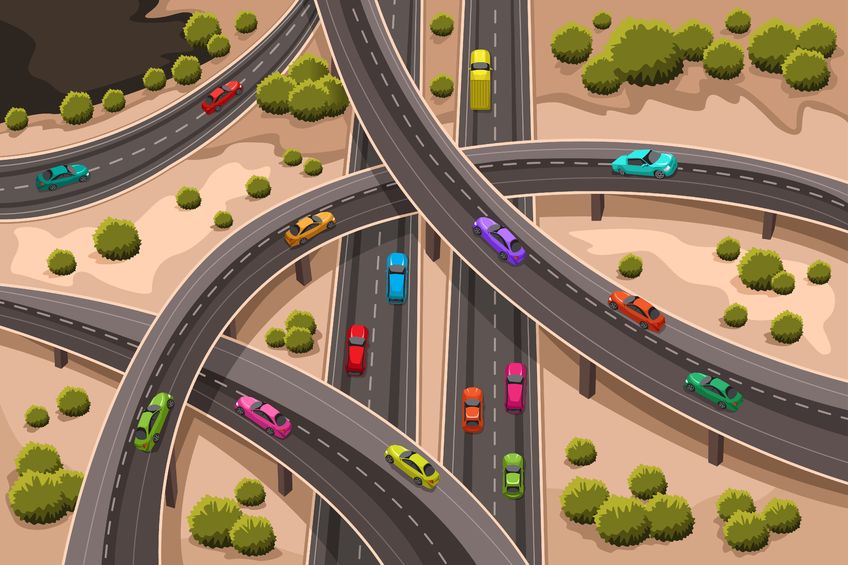Activity 3c: Are our roads a public good?

- A private good has the characteristics of rivalry and excludability in consumption. This means that the consumption by one person will tend to reduce the amount that is available for another and a person can be legally prevented from consuming the product if they don’t pay. In contrast, public goods, once made available are non-rivalrous in consumption and non-excludable. A person can consume a public good without depleting the amount that is available for someone else and they can choose to consume (cannot be prevented) even if they don’t pay. The difference therefore could be linked to the profitability. A firm selling a private good has much more chance of extracting revenue from the consumer than the provider of the public good. A government provided road tends to have the characteristics of a public good because it can be accessed for the marginal cost of zero and use by one doesn’t reduce the ability of someone else to use it (unless there is some form of congestion). A toll road might be considered a private good because a person can be excluded if they don’t pay BUT the use by one person still doesn’t reduce the amount available for someone else.
- If you travel to school on a toll road then you might consider this a private good. If you travel on most roads these would be considered a public good (up until a point, because they will be congested and will therefore not meet the definition of a public good.
- Roads would tend to be under allocated because of the free rider problem. Once the road was provided, it might be difficult to extract payment from all road users. Therefore, the lack of profits that could be generated from its provision might mean that producers decide to allocate their scarce resources elsewhere.
- Governments tend to address the underallocation of public goods by direct intervention or subsidies. They provide the road themselves and then raise revenue (through a fuel excise for example) to help charge road users indirectly. This means that society’s wellbeing is enhanced because the road is an essential addition to the infrastructure needs of society and helps to facilitate economic growth and employment.
- If the government requires all road users to pay for each kilometre they drive, then they may be excluded from driving. At this point in time, owners of cars need to pay registration and compulsory third party insurance as part of their yearly fee. This excludes non-registered cars from being driven on roads. Drivers must also be over 18 (on younger if on a learner’s permit) so those younger than that are effectively excluded from driving on roads.
- The quote suggests that due to a user pays system, where the driver pays for each kilometre driven that the roads will exhibit the characteristics of a private good. Roads will become excludable, while perhaps having some degree of rivalry (depending on the time of day). The government will be able to exclude non-paying users. This would obviously need to be policed but with advances in technology, the government may be able to monitor road usage more closely.
- The ability to track the amount of kilometres a person drives using GPS data may enable the government to more directly charge the road user for the exact amount they use it (it is more indirect at the moment because it is based loosely on fuel use). This might encourage drivers to think twice about the kilometres that they travel, which might lead to more thoughtful use of the roads and better environmental outcomes. However, the tax might be seen as somewhat unfair. Those who can afford to live in the inner city will be charged less for road use because they have reliable public transport nearby. In contrast, those who live in the outer suburbs or regional areas would experience a significant increase in their cost of living and may have to sacrifice the purchase of essential goods and services, just to commute to work.
Arguments for:
- It is fair because drivers are charged for their use of the road
- It is a valuable source of government revenue which is needed to build and maintain the road network.
- As fewer people use petrol/diesel and gas vehicles, the government will receive insufficient revenue to provide the roads
Arguments against
- It might be seen as regressive because the charge will represent 2 larger percentage of a low-income earners’ income.
- It might discourage the uptake of electric vehicles which have lower environmental costs (see the next section on negative externalities).
- It doesn’t acknowledge that some cars are less efficient than others are use more petrol (causing pollution). This is in contrast to a tax on petrol which would punish those who use more fuel per kilometre.
